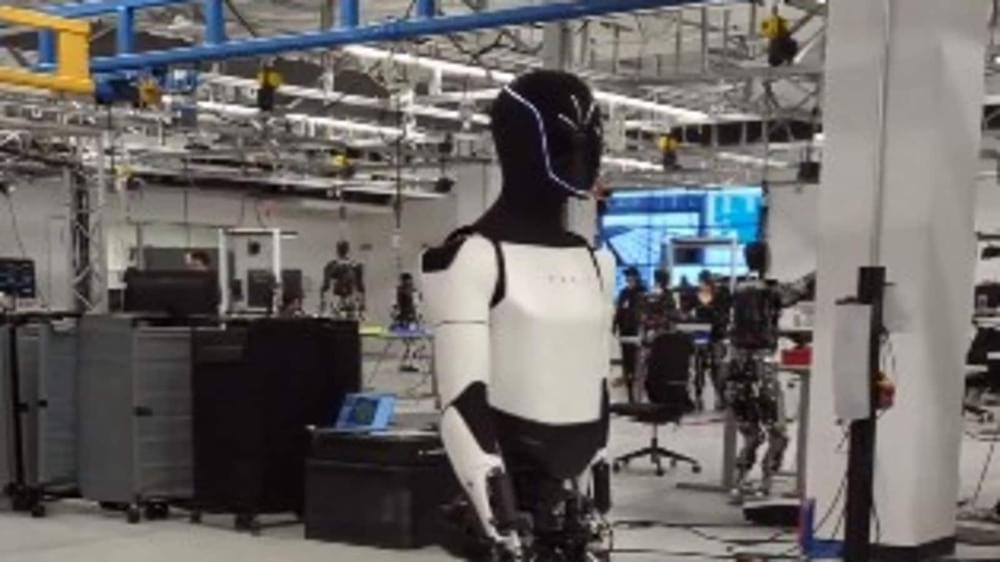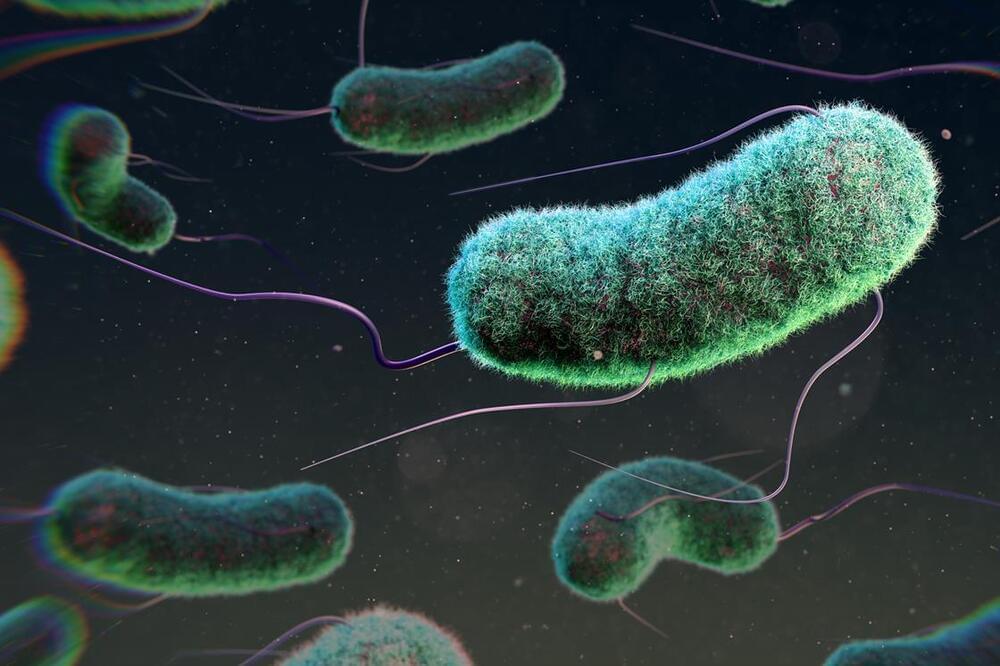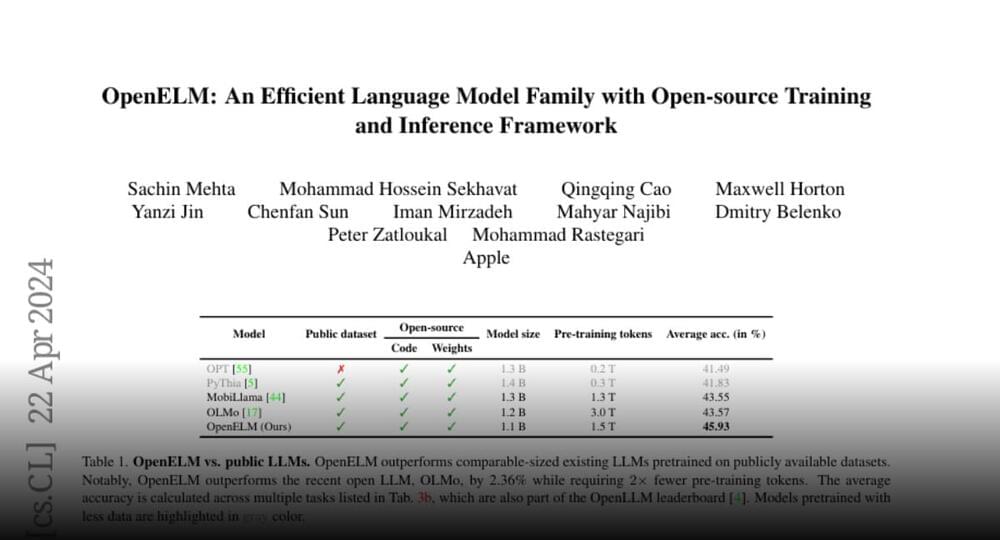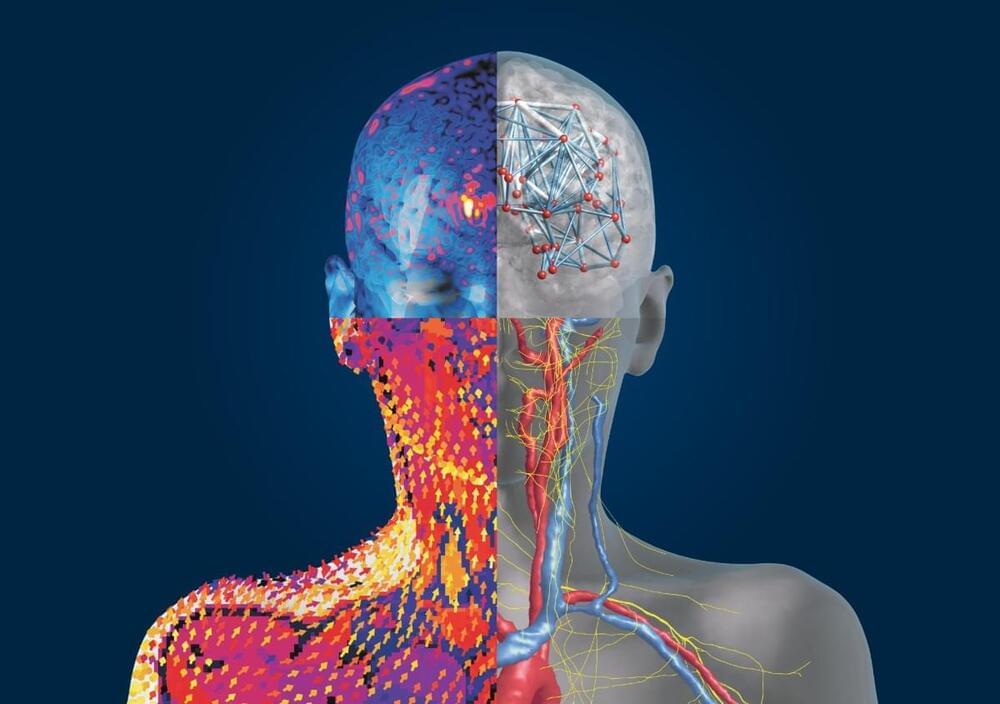Apr 24, 2024
Tesla’s Optimus robots to be sold soon? Elon Musk shares major update
Posted by Shailesh Prasad in categories: business, Elon Musk, robotics/AI, transportation
Humanoid robots have been in development for many years by Japan’s Honda and Hyundai Motor’s Boston Dynamics. Earlier this year, Microsoft and Nvidia-backed startup Figure said it had signed a partnership with German automaker BMW to deploy humanoid robots in the car maker’s facility in the US.
Elon Musk said before that robot sales could become a larger part of the Tesla business. He said, “I think Tesla is best positioned of any humanoid robot maker to be able to reach volume production with efficient inference on the robot itself.”


















